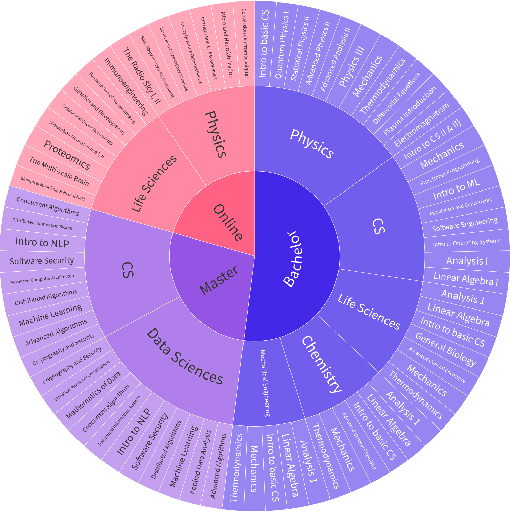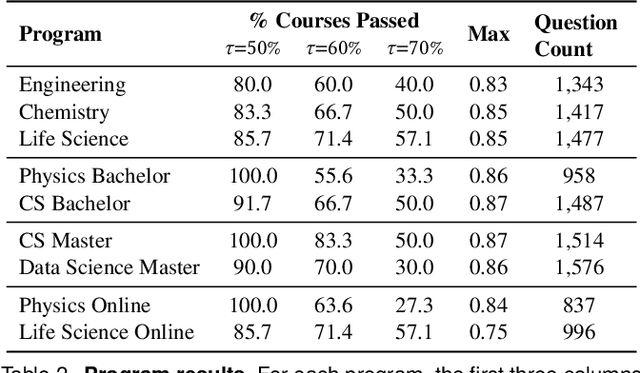Sankalp Gambhir
Byte BPE Tokenization as an Inverse string Homomorphism
Dec 04, 2024



Abstract:Tokenization is an important preprocessing step in the training and inference of large language models (LLMs). While there has been extensive research on the expressive power of the neural achitectures used in LLMs, the impact of tokenization has not been well understood. In this work, we demonstrate that tokenization, irrespective of the algorithm used, acts as an inverse homomorphism between strings and tokens. This suggests that the character space of the source language and the token space of the tokenized language are homomorphic, preserving the structural properties of the source language. Additionally, we explore the concept of proper tokenization, which refers to an unambiguous tokenization returned from the tokenizer. Our analysis reveals that the expressiveness of neural architectures in recognizing context-free languages is not affected by tokenization.
Could ChatGPT get an Engineering Degree? Evaluating Higher Education Vulnerability to AI Assistants
Aug 07, 2024



Abstract:AI assistants are being increasingly used by students enrolled in higher education institutions. While these tools provide opportunities for improved teaching and education, they also pose significant challenges for assessment and learning outcomes. We conceptualize these challenges through the lens of vulnerability, the potential for university assessments and learning outcomes to be impacted by student use of generative AI. We investigate the potential scale of this vulnerability by measuring the degree to which AI assistants can complete assessment questions in standard university-level STEM courses. Specifically, we compile a novel dataset of textual assessment questions from 50 courses at EPFL and evaluate whether two AI assistants, GPT-3.5 and GPT-4 can adequately answer these questions. We use eight prompting strategies to produce responses and find that GPT-4 answers an average of 65.8% of questions correctly, and can even produce the correct answer across at least one prompting strategy for 85.1% of questions. When grouping courses in our dataset by degree program, these systems already pass non-project assessments of large numbers of core courses in various degree programs, posing risks to higher education accreditation that will be amplified as these models improve. Our results call for revising program-level assessment design in higher education in light of advances in generative AI.
 Add to Chrome
Add to Chrome Add to Firefox
Add to Firefox Add to Edge
Add to Edge